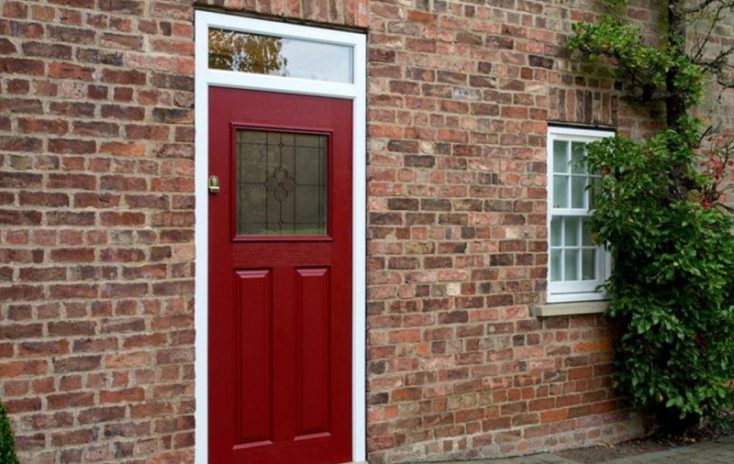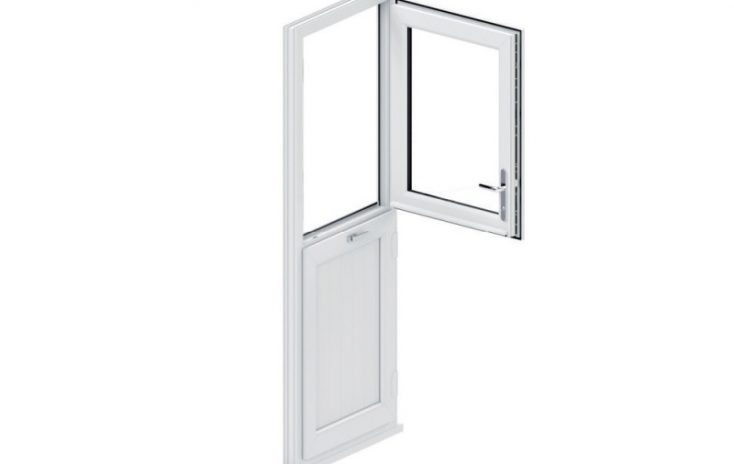The Future Homes Standard (FHS) is a set of new building regulations that are being introduced in the UK. The standard is designed to make new homes more energy-efficient, healthier, and more sustainable.
The FHS is not finalised, but is expected to come into effect in 2025. It will apply to all new homes, including houses, flats, and other types of residential buildings.
The standard is based on a number of key principles, including:
- Energy efficiency: New homes must produce at least 75%-80% less carbon emissions than the homes built to current standards. This will be achieved through a combination of measures, such as improved insulation, more efficient appliances, and renewable energy technologies.
- Health and well-being: New homes must be designed to promote health and well-being. This will include features such as good ventilation, natural light, and access to green space.
- Sustainability: New homes must be built using sustainable materials and construction methods. This will help to reduce the environmental impact of housing.
Due to the impact that windows can have on the thermal properties of a building, windows will play an integral role in meeting the standard. Windows will need to be:
- Energy efficient: Windows will need to utilise a more energy-efficient technology, such as triple glazing. This will help to keep heat in during the winter and cool air in during the summer.
- Airtight: Windows will need to be airtight to prevent air leakage. This will help to improve the energy efficiency of the home and reduce carbon emissions.
- Ventilated: Windows will need to be designed to provide good ventilation. This will help to improve air quality and reduce the risk of respiratory problems.
Ultimately, the U-Value of windows will need to be much lower than is standard today. That means new profiles and often overlooked upgrades, such as triple glazing, will play an increasingly important role moving forward.
What impact could the Future Homes Standard have on the window industry?
The FHS is likely to have a significant impact on the future of windows. Manufacturers will need to continue to develop new, more energy-efficient windows that meet the requirements of the standard.
This could lead to an increase in demand for smart windows to better adjust to the conditions, whilst it may lead to more use of triple glazed windows, which typically aren’t seen as necessary in the UK due to the climate.
But more immediately, it means that new builds, extensions, conservatories, and renovation work, should look to begin considering more energy efficient options, including more energy efficient windows. Similarly, to improve health and wellbeing, larger windows with more glass could be used to improve natural light entering the property, whilst trickle vents and other ventilation systems will be used to improve ventilation.
If you’re looking for a manufacturer that can supply high-quality, energy-efficient windows and doors, partner with TruFrame. We will work to understand your needs and provide the right level of support to help you grow your business.



